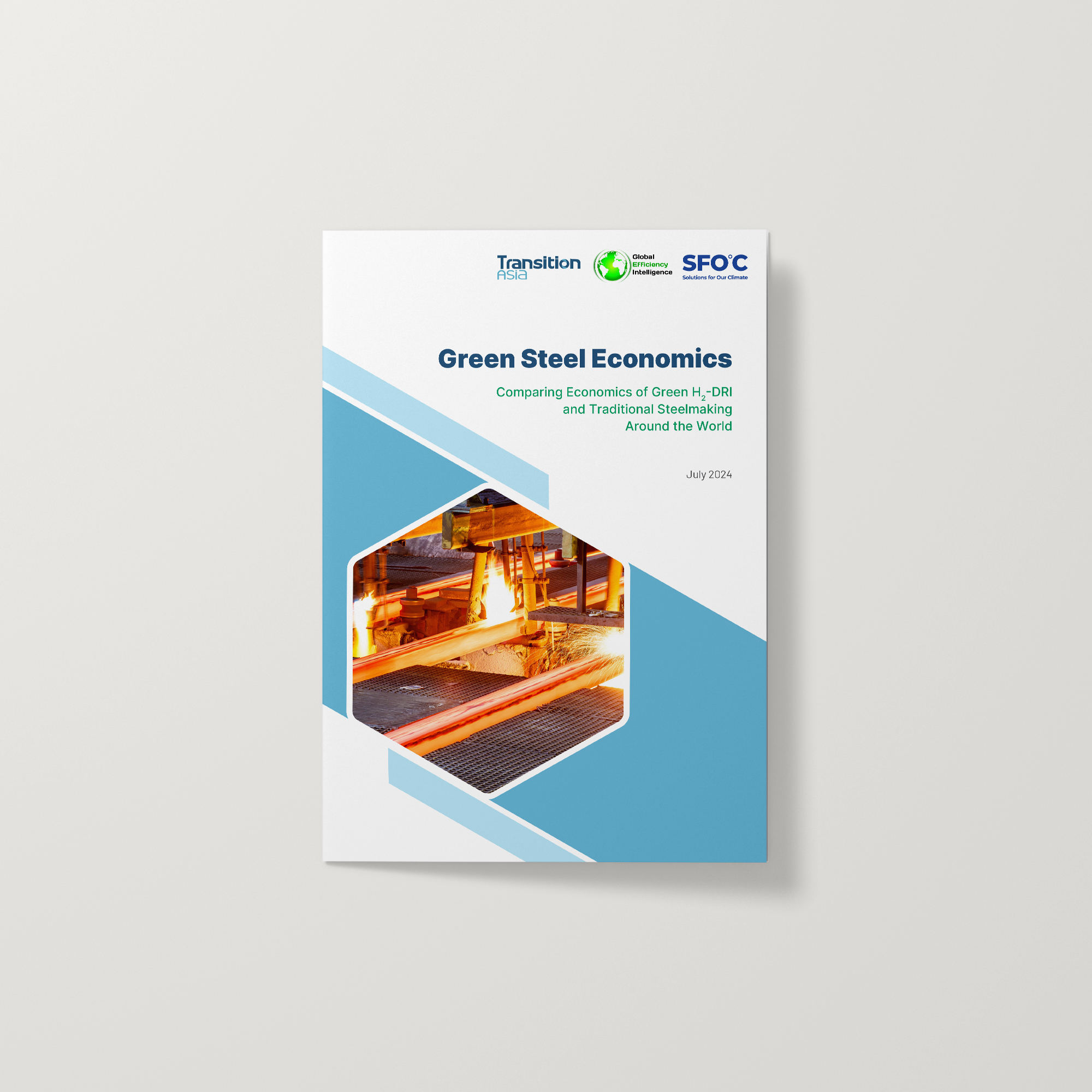
About
The global steel industry now stands at a critical juncture in its transition toward low-carbon production. Governments are increasingly challenged to go beyond supporting technological development and address the creation of demand for low-carbon steel products.
This issue brief analyzes the public procurement systems for the steel sector in Korea and Japan, proposes measures to improve Korea’s framework, and outlines how the Korean government can take a leadership role in the global steel market—such as by joining the Industrial Deep Decarbonization Initiative (IDDI) and actively driving low-carbon demand creation.
Executive summary
No Guaranteed Demand, No Production for Low-Carbon Steel
As of 2024, Korea is the world’s sixth-largest steel producer, with an annual output of 63.6 million tons. While the importance of decarbonization in the sector is undeniable, the high initial production cost of low-carbon steel makes it difficult to establish a market based solely on private demand. Major domestic steelmakers remain hesitant to invest heavily in low-carbon technologies—such as renewable electricity-based electric arc furnaces and hydrogen reduction ironmaking—due to the lack of clear market demand.
Current Status of Korea’s Public Procurement System
Under Article 58 of the Enforcement Decree of the Framework Act on Low Carbon, Green Growth, the Public Procurement Service(PPS) must designate items necessary to promote the purchase of green products by public institutions and establish procurement standards. Under Article 2-2 of the Act on the Promotion of Purchase of Green Products, the Ministry of Environment is responsible for setting certification criteria for Low-Carbon Certified Products to promote green purchases in the public sector. However, steel is not designated as a procurement item under PPS, which hinders both technology development and demand creation, and the Ministry’s Low-Carbon Certified Products scheme does not adequately reflect the characteristics of the steel industry.
Comparison with Japan
Through the April 2025 amendment to the Green Purchasing Act, Japan designated steel products as eligible for public procurement, jointly defining “Green Steel” criteria with the Japan Iron and Steel Federation and granting procurement priority to products certified for additional greenhouse gas reductions. In 2023, as part of its Green Transformation (GX) strategy, the Japanese government officially recognized the need for steel decarbonization, with technology investment, production, and demand creation through public procurement all driven under government leadership.
Policy Recommendations
• Public Procurement Service(PPS): Mandate the disclosure of emissions data in the criteria for Minimum Green Standard Products and include steel in the designated categories.
• Ministry of Environment: Reset Maximum Allowable Carbon Emissions Rates for high-emission industrial products and abolish the Minimum Carbon Reduction Rate standard.
• Ministry of Trade, Industry and Energy: Establish green steel standards aligned with international benchmarks and create a multi-stakeholder consultative body—including government, industry, academia, and civil society—to develop a long-term plan for low-carbon steel demand creation.
Conclusion
Government-led demand assurance for low-carbon steel can serve as a catalyst for sustained technology development and production. Korea should take the opportunity of the upcoming 16th Clean Energy Ministerial (CEM16) in August 2025 in Busan to join the Industrial Deep Decarbonization Initiative (IDDI) and position itself as a global leader in advancing low-carbon transitions through public procurement.
















![[CREA-SFOC] Unveiling the Truth Behind Blast Furnace Pollution_South Korea](https://content.sfoc.tapahalab.com/images/research/C4Xvdme.jpg)







